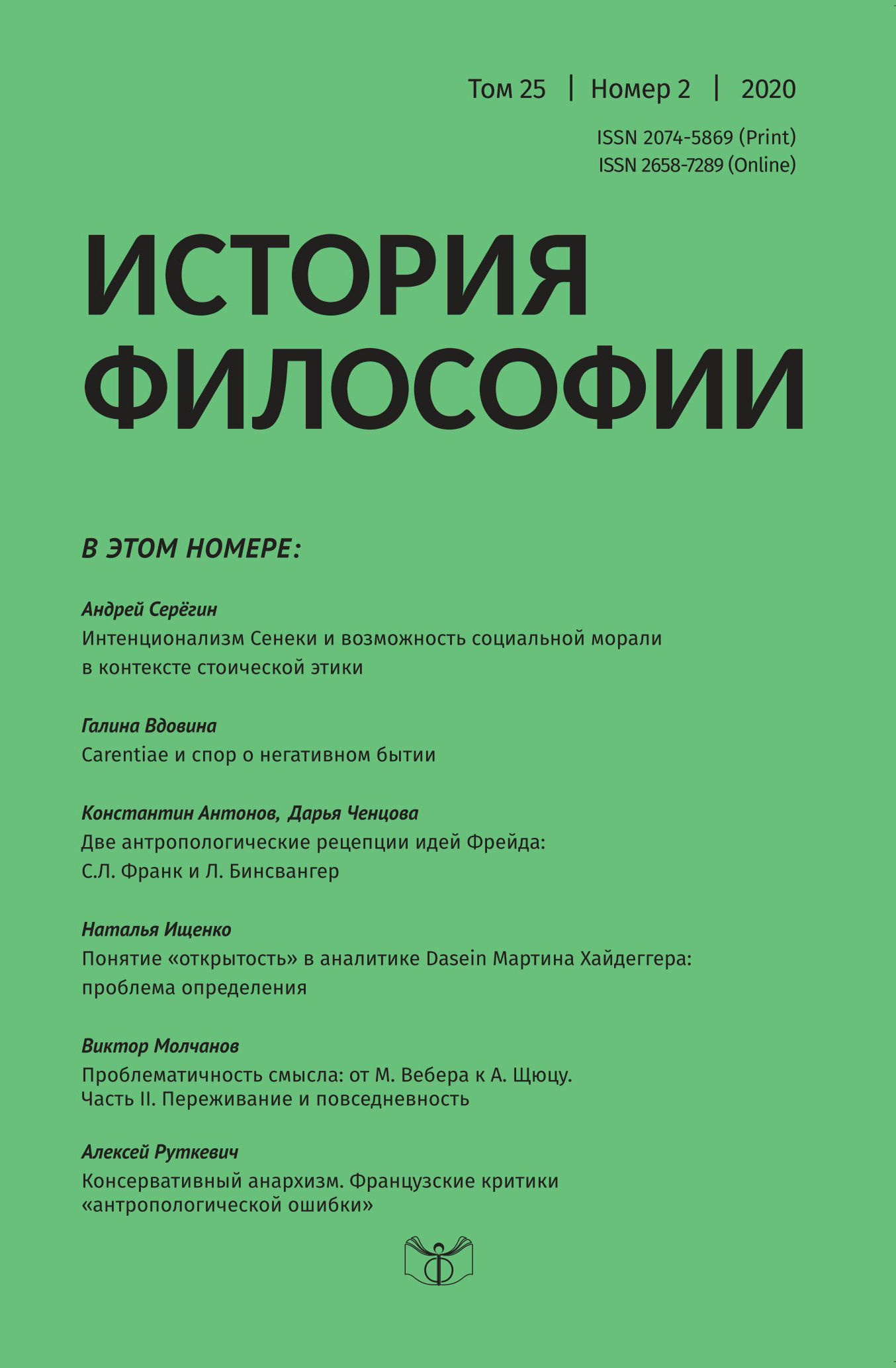Seneca’s Intentionalism and the Possibility of Social Morality in the Context of Stoic Ethics
Keywords:
ancient ethics, good and evil, intentionalism, Seneca, stoicismAbstract
Stoic ethical theory is “rigorist” in the sense that it regards all kinds of generally recognized non-moral goods and evils as “indifferents” that do not influence human happiness or misery. One of the problems with rigorism goes as follows: if non-moral evils experienced by the victims of various inhumane actions actually do them no harm and do not contribute to their being unhappy, then why regard the infliction of these evils as morally wrong? Seneca seems to be the only Stoic author in whose texts one can find some reaction to this problem. His reply is essentially intentionalist: in order to commit a moral evil towards others it is enough to have an intention to inflict an evil upon them without inflicting it in fact. But this thesis can be understood either in an objectivist or in a subjectivist sense. In the first case the intention in question is the intention to inflict what objectively is an evil. I argue that this implication would make Seneca’s argument blatantly false. In the second case it is the intention to inflict what the agent subjectively believes to be an evil. I show that there is some evidence in Seneca’s corpus according to which it is precisely subjectivist intentionalism that he adheres to. But even then he cannot solve the initial problem, because this position allows to justify the idea that the infliction of non-moral evils on others is morally wrong only for those agents who do not share rigorism.

